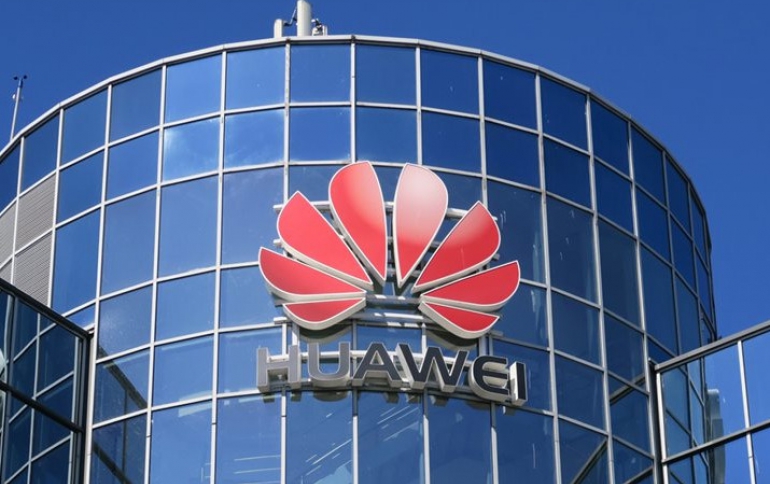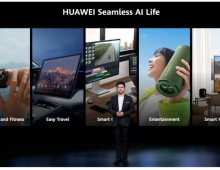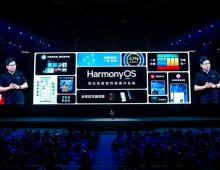
U.S. is Working on New Limits on Huawei Suppliers
New rules will put more limits on U.S. companies supplying China’s telecommunications leader Huawei Technologies.
U.S. President Donald Trump has put Huawei in a blacklist saying that the Chinese company is a security threat. That prevented many U.S. companies from selling to the Chinese company. However, some U.S. suppliers worked around the rules to continue sending some crucial electronic components to Huawei.
Speaking to Bloomberg, Commerce Secretary Wilbur Ross said that "they are works in progress that will come out near-term," and that the ultimate U.S. objective is not to cut Huawei off from all American supplies, but instead to protect national security. He also clarified that the restrictions on Huawei were not negotiated during phase one of the trade agreement with China, and that the next phase in that broader process isn’t currently active.
The new restrictions would further jeopardize Huawei’s ability to continue making some of its biggest products.
Some U.S. companies have kept selling to Huawei citing rules that limit the U.S. government’s ability to restrict exports. The provisions exempt certain products if companies can prove the 75% of work done to create the items happens outside the U.S. The administration is debating raising this to 90%.
A separate new regulation that governs the direct supply of products is reportedly under consideration by the Commerce Department and could make its way through the process in a matter of weeks. That rule would apply to products that are designed in the U.S. but manufactured entirely overseas.
U.S. semiconductor makers have argued that a complete clampdown is counterproductive as many of the parts Huawei needs can be bought from non-U.S. providers. The industry is also concerned that access to the Chinese market as a whole will be curtailed, a development that could hinder investment in research and development.





















